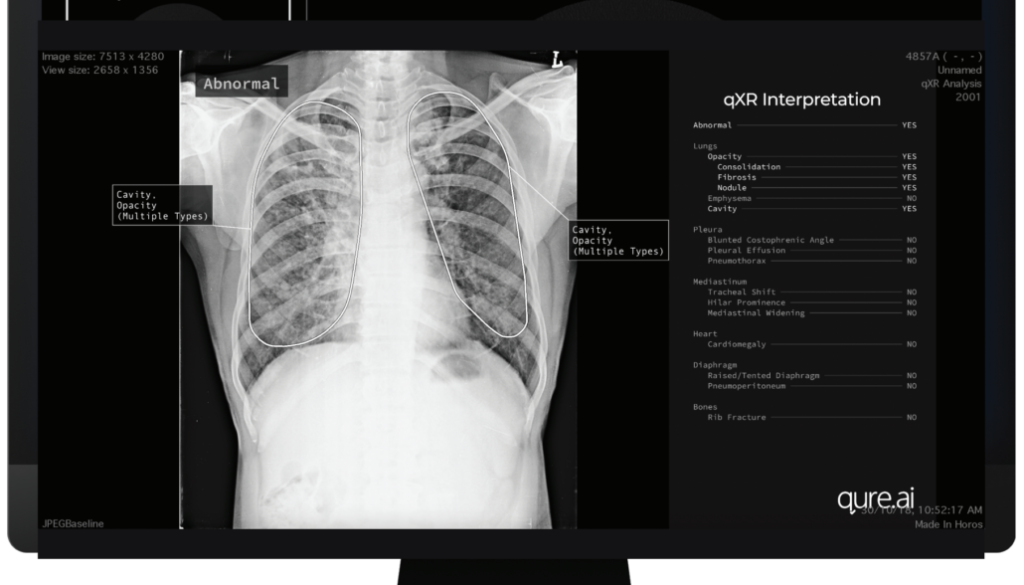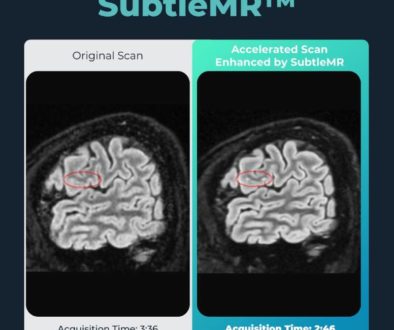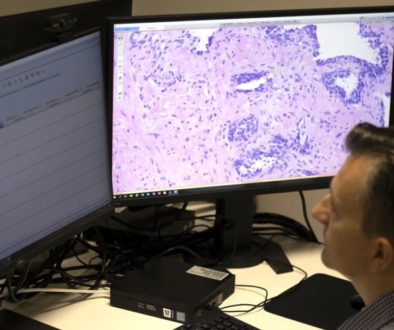Unilabs signs on Qure.ai for triaging chest X-rays
Unilabs, the leading diagnostic services provider, announced a partnership with Qure.ai, a market leader in medical artificial intelligence (AI) solutions. Through this partnership, Unilabs will be deploying Qure’s AI solution to aid in the classification of chest X-rays into normal and abnormal exams. The solution will initially be implemented and piloted in Unilabs TMC’s Elective UK Service arm to help increase the capacity and optimise radiology workflow.
“This is yet another important milestone of the Unilabs AI Centre of Excellence and a testimony of our efforts to continue to implement AI solutions and futureproof our radiology business,” said Unilabs Chief Medical and Operations Officer Dr Christian Rebhan. “Qure.ai’s AI-enabled chest X-ray solution will aid us in the triaging of incoming cases, reducing the reading time for unremarkable chest X-rays by 25 to 50%.”
Qure.ai’s CE-certified chest X-ray solution, qXR, will help identify which cases are clear of clinically relevant findings, allowing radiologists to detect them even before they open the case. Approximately, 50% of the chest X-rays are unremarkable and need to be completed quickly so the radiologists can free up capacity and focus their attention to those exams that have relevant findings.
Speaking about the partnership, Prashant Warier, CEO and Founder of Qure.ai, said, “As an early adopter of AI tools in Emergency Radiology, Unilabs’ TMC has already established clear dominance in the segment. We are excited to work with a global leader striving to bring out the best in health tech. We consider the EU among our crucial markets for the company and see immense potential in our partnership with Unilabs to scale new heights in the field of AI for teleradiology across the region. This partnership will reinforce our presence in the UK and will mark our expansion into other European regions.” Qure.ai’s chest X-ray software can detect multiple lung abnormalities in under one minute. It can accurately assess radiological findings suggestive of a host of lung diseases, including pneumonia, COPD, TB, and heart failure, among others.



